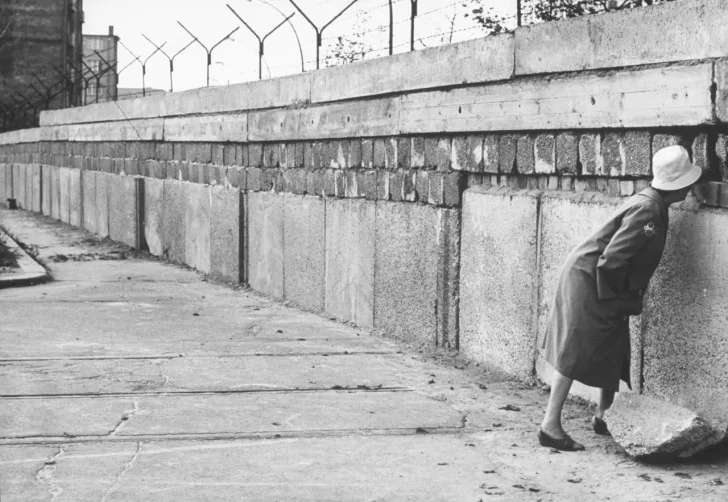The Academic Iron Curtain and the “Inverted Consciousness”
 The situation got worse
The situation got worse

Belarus’s education system is progressively isolating itself from the educational landscapes of developed European countries and international financial support programs. At the same time, Belarusian education is increasingly aligning with the Russian cultural and educational sphere.
Recently, Alexander Lukashenka reiterated the need to address issues within the higher education sector. During a meeting on February 13, he mentioned that the authorities had already addressed the organization of university admissions and school education, considering these matters resolved. The current focus is on revitalizing universities, with a deadline set for September 1, 2024.
Firstly, the quality of higher education remains a critical concern. According to Lukashenka, “almost half of students” are dissatisfied with the level of knowledge they receive. Secondly, there is an imbalance in the labor market, with an emphasis on the necessity to train specialists relevant to their field to avoid high turnover rates and professionals leaving their professions. Finally, there is a need to minimize or even prevent academic migration – the outflow of students (applicants) to study abroad. While they can return, Lukashenka insists they may come back “with a completely upside-down consciousness.”
In September 2003, Lukashenka introduced a controversial “innovation” in education – a requirement for students to work through forced assignments or pay the full cost of education. Essentially, this introduced a form of “academic serfdom,” including forced labor for “target students” for 7 years and 5 years for others, along with the obligation to reimburse the state for financial resources spent on their education, even for those who studied on a paid basis.
Concerning the establishment of an “academic iron curtain,” the Belarusian and Russian Ministries of Education are moving almost synchronously, with Russia slightly lagging behind. In December 2023, Vladimir Putin signed a law mandating that education in Russia be based on traditional spiritual and moral values, eliminating the need for integration with the education systems of other countries. However, this does not apply to Belarus, where integration efforts, particularly in humanitarian disciplines, are already underway.
For instance, the Belarusian and Russian authorities agreed to develop a unified history textbook for schoolchildren and students. A commission on history will be formed to decide how to interpret “controversial” issues in the history of the Russian Empire, the USSR, and the post-Soviet era. According to a DW survey, most historians believe that the entire history of Belarus will eventually be revised, necessitating students to relearn the subject.
Currently, a unified textbook on the history of Russia and Belarus is in use in Belarusian schools. According to Denis Duk, the rector of Mogilev State University, the textbook was collaboratively developed by scientists from both countries, and while recommended, its use in the school curriculum is not mandatory.
Subscribe to our newsletter




Situation in Belarus
Constitutional referendum: main consequences


 Video
Video
How to count the political prisoners: are the new criteria needed?


 Video
Video
Paternalism In Decline, Belarusian Euroscepticism, And The Influence Of Russia


 Video
Video












